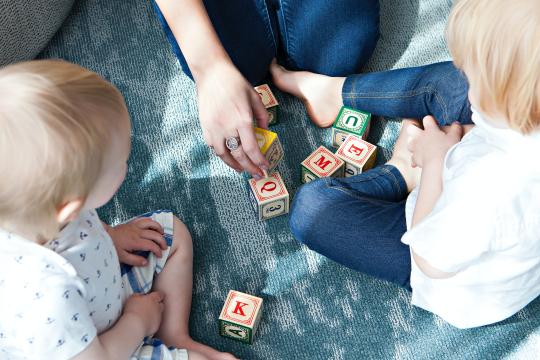
23 Jan Understanding ADHD And Social Anxiety
There is an interesting connection between ADHD and social anxiety, although this can be misunderstood without understanding the nature of each disorder. Most importantly, the social anxiety of ADHD is often markedly different than that of children without ADHD because it does not originate in an underlying anxiety disorder. It is rather a direct outgrowth of the underlying problems caused by ADHD.
What are characteristics of ADHD and social anxiety?
Children with ADHD often have serious difficulties relating to peers, as they are often disliked by peers and rated as having poorer social skills. In one pattern, these social problems are due to their hyperactivity and impulsivity. For example, they may make socially inappropriate remarks (e.g. “Wow I can believe you wore that ugly shirt again”) or act in socially inappropriate ways (e.g. showing up late or playing too rough in games), which turns off other kids.
In addition, they experience social rejection due to their emotional volatility in which they can become overly angry with their peers or extremely sensitive to innocent slights. This is particularly damaging for social acceptance because other children are often more understanding of the organizational and hyperactive tendencies of the ADHD child, but not the emotional outbursts. Another child can forgive you for being late, but not for yelling angrily at them in front of the class.
Compounding these difficulties, children with ADHD also struggle with self-monitoring, which impairs their ability to understand how their behavior is affecting how other children see them. As many parents and teachers will attest to, the ADHD child often “just doesn’t get it”. They continue to think that other kids are being mean to them or are unfairly excluding them, but it is really being caused by their own actions.
In another pattern – often more common in children who display the Inattentive subtype of ADHD – the difficulties with social interaction come from a lack of awareness and attention to the social situation. The inattentive child doesn’t pick up on the social cues that other children are sensitive to, and they are often out of step with their peers. This pattern has been suggested to occur more often in children with SCT (sluggish cognitive tempo) rather than traditional ADHD, which some argue is a separate disorder, but is still currently included in the DSM criteria for ADHD.
With all of these causes, it has been estimated that nearly ¼ of all children with ADHD also have a comorbid anxiety disorder which impacts their life on a clinically significant level.
How is social anxiety and ADHD treated?
Importantly, given the etiology of social anxiety, the treatment for children with ADHD is markedly different than that of children with social anxiety alone.
For traditional social anxiety, a combination of exposure, social skills training, and medication is often helpful. The children learn how to respond in various situations and are exposed to those situations to confront their fears. As they navigate those situations, first in practice and then in real life, they learn confidence in their ability and become more outgoing and engaged with others. Medication also serves to lower their nervousness, allowing them to act more naturally.
In contrast, children with ADHD do not respond well to traditional exposure and social skills training because their difficulty stems from impulsivity rather than a lack of knowledge. They often know what they are supposed to do in a given situation but are unable to act in that manner because of their impulsivity. For young children, this can manifest as taking the other child’s toy; for older children, it is embarrassing a friend; and for adults, it is forgetting their spouse’s birthday. They know what the right thing to do is, but they can’t do it.
Read Next:
ADHD Neuropsych Evaluations With Dr. Malkin
A neuropsychological evaluation with Dr. Malkin can diagnose ADHD and social anxiety. He can help you understand the causes of the problem, as well as the best treatment options for your child. This is especially important since children with social anxiety and ADHD do not respond well to traditional treatments, as discussed. Book an appointment or contact us with any questions you may have using the link below.